Daniel Bonner, Director of Client Solutions, offers his insight at the end of 2020, and the end of many practices we all thought were temporary.
We’re in the final quarter of 2020, and everything has changed.
What we thought were temporary adjustments to COVID-19–remote working, a farewell to printed documents, and virtual teams–have now become long-term strategies. Likewise, reactionary, short-term models used by law firms and in-house legal teams to keep business moving during the pandemic are also being reassessed. And that’s a good thing.
Before looking forward, let’s take a look back. Just a few years ago, ALSPs were seen as little more than a cheaper alternative for transactional work like eDiscovery, contract review, intellectual property litigation, and due diligence. However, that perception is beginning to change. In 2019, according to a Thomson Reuters survey, ALSPs were acknowledged as a growing force in the legal world. In that same study, we also saw that almost one-quarter of large and one-fifth of mid-sized law firms had lost work to the Big 4. In essence, Big 4 firms are beginning to position themselves not just as law firms, but also as ALSPs, which brings us to today.
At Level Legal, since the pandemic, we have seen first-hand how the ALSP model benefits customers when timelines feel just a bit shorter and budgets are just a bit tighter. We’ve strengthened long-term relationships and built new ones with law firms and in-house legal teams for projects like document analysis, contract services, and regulatory risk and compliance services.
In contrast, we’ve seen the Big 4 struggling to compete, based on a cost and business model similar to Big Law. Nevertheless, factors like brand familiarity, ability to scale, and boardroom relationships often propel them through the door.
The question is whether these services can actually deliver what their clients need, especially when it comes to areas like eDiscovery or compliance, which is a far more nuanced and sensitive area than financial audits for which the Big 4 are renowned. A deeper dive into the intricacies of a compliance audit provides a useful illustration of why the Big 4’s ‘brute force at scale’ approach may not always be the right fit.
Compliance regulations are dynamic and complex, and the challenges vary widely depending on the type of matter and industry. IT, data security, antitrust, privacy, human resources, or marketing are all different beasts, and even more so if you look at specific industries such as finance, health care, or government.
On top of these nuances, each organization has its own unique configuration of technologies, internal workflows, structure, culture, budget constraints, and tolerance for risk. An ALSP cannot credibly engage in a compliance audit without first understanding the precise needs and strategies of the client. These are instances where the Big 4 approach of a preset process, a hard-and-fast technology menu and a team largely composed of junior-level associates and people who have never worked together may not be the best option. The skill set and project approach for each compliance audit must be tailor-made for each project.
A compliance team must be able to interpret the data and, if necessary, translate it into something meaningful. It must also be able to integrate data and technological expertise with a high level of legal expertise. That’s because compliance audits often lead to internal investigations, which may in turn lead to full-blown legal matters.
When a compliance auditor finds an issue that has legal implications, the client may need to act quickly and decisively to mitigate risk and limit potential damage. The ALSP in these cases needs an understanding of legal processes and technology. They can’t act as a strategic partner if they don’t grasp potential legal issues; an inexperienced team will not have the ability to react by adapting legal workflows as appropriate.
The Big 4 strategy is predicated on a standardized, linear approach that deploys interdisciplinary talent, advanced tools, and process expertise to streamline the legal supply chain. And, there are fewer and fewer matters where this approach makes sense. It’s unclear how this model would be a good fit with the often unpredictable and client-specific nuances of compliance challenges.
As we see it, ALSPs for whom compliance guidance is a core function and who can field a seasoned team able to demonstrate excellence at the intersection of law, technology and data, will retain the advantage for the foreseeable future.
Daniel Bonner CIPP/US is an accomplished attorney and serves as Director of Client Solutions for Level Legal. In reality, he has worn almost every hat since the doors of Level Legal opened more than a decade ago, which makes Daniel one of our clients’ favorite architects and advisors.
Try the Level Legal difference. Contact us today to get started.


